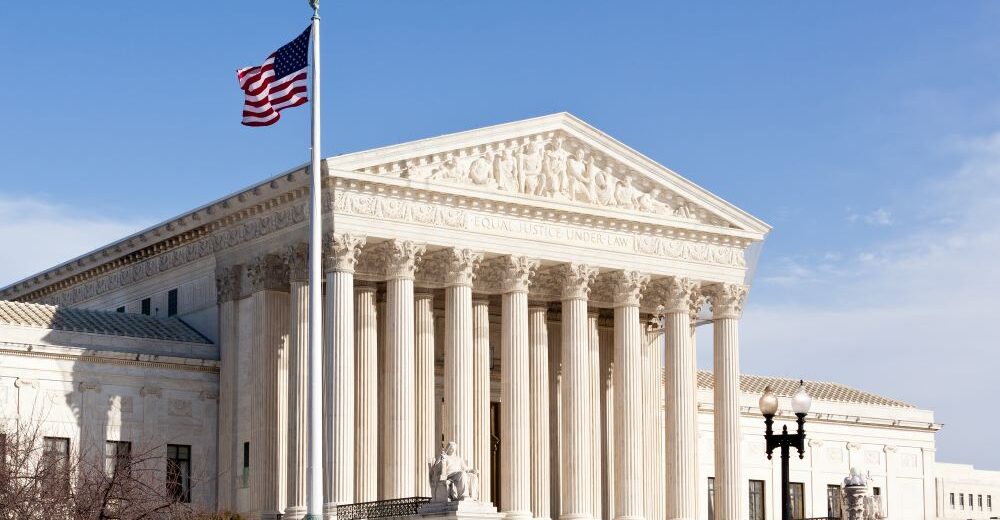WASHINGTON – The U.S. Supreme Court on Tuesday declined to review a Massachusetts middle school’s ban on a student’s T-shirt declaring “There are only two genders,” allowing the school’s prohibition to remain in place and underscoring the legal complexities surrounding student expression and transgender rights in American schools.
The decision, which leaves unchallenged a lower court ruling siding with the school, arrives amid intensifying public debate around gender identity and student speech. The case focused on the actions of seventh-grader Liam Morrison, who wore the shirt to school in 2023 to express his views on gender. School administrators, citing concerns for the wellbeing of gender-nonconforming students and the potential for disruption, asked Morrison to change the shirt or leave school. He chose to go home.
Related Article: CDC: Over 40% of LGBTQ+ Teens Considered Suicide in Past Year
Later, as the controversy drew local and national attention, Morrison returned wearing a version of the shirt with the words “censored” taped over “two genders” — and was again told he could not remain at school unless he changed.
School officials defended their policy, pointing to a dress code prohibiting “hate speech or imagery” and referencing previous incidents in which gender-nonconforming students suffered significant mental health struggles, including suicidal thoughts, related to their treatment by peers.
Morrison’s attorneys, from the conservative Christian group Alliance Defending Freedom, argued that the school violated his First Amendment rights by preventing him from passively expressing his viewpoint. They claimed Morrison’s desire was only to “participate in his school’s marketplace of ideas and address sociopolitical matters in a passive, silent, and untargeted way,” reports USA Today.
Schools Can Restrict Student Messages that Bully or Are Disruptive
Nevertheless, the Boston-based 1st U.S. Circuit Court of Appeals sided with the school, citing established precedent that allows schools to restrict student messages that can be “reasonably interpreted to demean a person’s identity and are reasonably expected to be disruptive.” The appeals court emphasized that school officials need “some margin to make high-stakes assessments in conditions of inevitable uncertainty.”
Two Supreme Court justices, Clarence Thomas and Samuel Alito, dissented, indicating they would have heard Morrison’s appeal. Writing in dissent, Alito criticized the appeals court for weakening the Supreme Court’s established “demanding standard” governing when schools may limit student speech.
The case echoes the Supreme Court’s 1969 decision supporting students’ rights to free speech, when students were allowed to wear black armbands in protest of the Vietnam War, reports NBC News. However, the current case underscores how that standard is debated anew in the face of evolving issues, such as gender identity and school safety.
The decision comes as transgender rights and gender identity remain at the center of political and cultural conflicts nationwide, and as President Donald Trump and others have called for the federal government to recognize only male and female sexes.
Related Article: 5 Policies Proven to Reduce LGBTQ Student Suicide Risk and How Many Schools Actually Have Them
Medical organizations, including the American Psychological Association, state that gender exists on a spectrum and is defined by attitudes, feelings, and behaviors, not simply biology.
By declining to hear the case, the Supreme Court leaves in place significant legal leeway for U.S. schools to enforce dress codes and restrict student expression deemed disruptive or demeaning to others’ identity, at least within current federal precedents.

